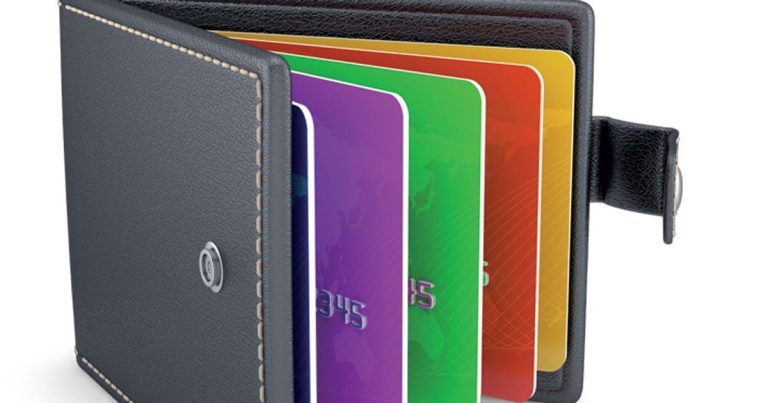31 Dec 2017
Cash is king when it comes to practice success – yet clients increasingly prefer to pay with plastic. Adam Bernstein shows how to make savings on card fees.

Image: Denys Rudyi/stock.adobe.com
Veterinary practices either accept credit cards – for which they pay a percentage of the transaction – or debit cards, which incur a fixed and, generally, lower cost per transaction.
Part of the cost issue in-built into the process are the acquirer’s charges, such as the “interchange fee” – a charge between institutions for handling transactions capped by law at 0.3% for credit cards and 0.2% for debit cards. Previously, it was typically 0.8%.
The “merchant service charge” also exists, where practices pay the acquirer for processing the transaction. However, other costs may need to be considered, such as joining or setup fees to cover the costs of the new account and any minimum monthly service charge – the minimum an acquirer will charge, irrespective of the level of transactions. However, some providers, such as, Handepay do not charge this.
Most people think of the bank as being the acquirer that processes the transaction, but it isn’t – it resells services offered by others. Santander, for example, sells on behalf of First Data. The point is, while the banks are thought of as the experts that own the acquirer services, the reality is it may be possible to get a better deal by going direct.
It is almost impossible to give a charges benchmark, as so many imponderables exist, such as risk, market power and transaction volume. However, options for getting a better deal are available.
The first is obvious, but is also a gamble: play hardball and negotiate as long as possible.
The next option is to use what is termed an independent sales organisation (ISO). Officially licensed and approved by the card processors, these firms resell a provider’s service en masse – they buy a block of “service” and, through economies of scale, get a better deal – which is, in theory, passed on to subscribers. The advantage here for practices is they are not buying a cheapened lookalike product – they are buying the same thing the banks are selling. Even better, because ISOs have the power of many, they can – to an extent – insulate their customers from price increases and help with the application process. A number of firms operate as ISOs, such as Handepay and Payatrader.
It also pays to remember independent card processors, such as iZettle and Square Reader, have their own mobile readers, which are used in conjunction with smartphones.
Online comparison websites, such as Cardswitcher and Merchant Machine, are helpful, and filling in an online form should garner a comparison of the best deals. Merchant Machine has a 93-strong list of providers (https://merchantmachine.co.uk/providers).
As with any contract, practices should remember to benchmark service and price. Never accept a first offer, as prices can vary by 40%. It is important to consider not just the headline transaction charges, but, instead, the overall cost, including terminals, authorisation, non-chip and PIN transactions, as well anything else that may be hidden.
When a contract ends, it is worth asking whether the acquirer can better its deal. This often works with insurers and Sky, so is something that should be pursued with the acquirer. However, those wanting to terminate early should keep an eye on fees and notice periods – these can involve a three-month notice period for the service and the payment of the balance of, say, a four-year contract for the equipment.
From January 2018, businesses will no longer be able to charge for accepting cards. This makes it even more important to keep processing costs in check.